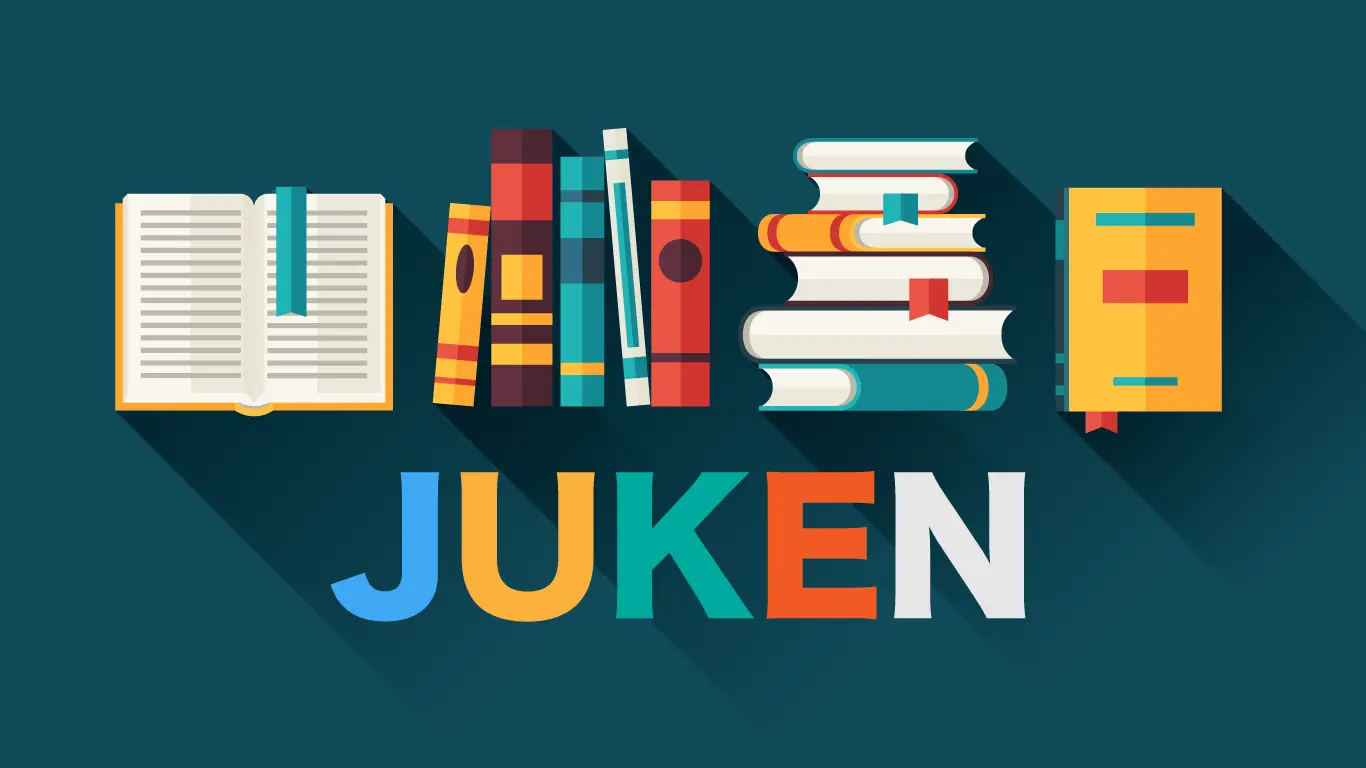The New TOEFL: 実力引き出すTOEFL新形式

English follows Japanese
TOEFLが改定されたと聞きました。どのように変わったのか、またその対策について教えてください。
2023年7月、(教育業界では)TOEFLの改定が発表されました。この新しい試験形式は、学生が海外大学で直面するであろう多様な課題に対して、より効果的に準備ができるように考慮されています。最も注目され、かつ評価されている変更点のひとつに、試験時間の短縮が挙げられます。従来の3時間の試験でしばしば見受けられた受験者の疲労を、2時間にすることで大幅に軽減しています。一方で、この試験時間の短縮は、試験の難易度、特にリーディングセクションの難易度が一段階上がったことを意味します。
リーディングとリスニングのパッセージは、心理学、ビジネス、社会学など、大学1年生で学ぶ代表的な科目が含まれています。リーディングの対策も、その他のセクションと同じように「Building Stage」と「Exam Prep Stage」の2つの段階に分けて考えるよう指導しています。前者は試験日の数ヶ月〜数年前の段階、後者は試験本番が迫る数週間〜数ヶ月の段階です。1つ目の段階は、試験日の数ヶ月〜数年前の「Building Stage」、次の段階は、試験本番が迫る数週間〜数ヶ月前の「Exam Prep Stage」です。Buiding Stage では、これらの科目に対して、読み物だけでなく、講義を聴いたり、さまざまなメディアを使って楽しみ、夢中になることが大切です。要約から深い理解を促すコーネル式ノート術を実践することもおすすめします。しかし、Exam Prep Stage では、時間制限のある環境下で最も自分に合うノートの取り方を使いましょう。
新セクション「Writing for Academic Discussion」は、架空のオンラインクラスでシミュレーションを行います。受験者は教授からのプロンプト(問い)と学生の回答を読み、その後のディスカッションを有意義なものにしなければなりません。このセクションの評価は、速く正確なタイピングスキルと、学術的な議論とはなにかを理解しているかどうかが大きく影響します。私は Building Stage の段階でタイピングスキルを磨き、オンライン・対面のどちらでも、学術的なディスカッションに参加することをおすすめします。受験者はプロンプト(問い)について自分の意見を述べるよう求められるので、適切な論拠や例を用いて、自分の意見を裏付ける練習が必要です。試験本番が近づいてきたら、ETSから出ている採点機能付き無料オンラインライティングテストを利用するのもいいでしょう。たくさんのライティングテストを受けるよりも、1つのライティングテストを、満足のいくスコアが取れるまで、何度も挑戦し続けるほうが望ましいです。そうすることで、安心して次のトピックの練習に進むことができるでしょう。
リーディングセクションは、6~8種類の出題形式からなる10問で構成されています。そのうちの1問は、段落の中に文章を挿入する問題で、文法ではなく、(受験者の)論理力と文章力を問います。この問題は、思考の階層を把握し、ランゲージ・アーツ(言語技術)の基礎となる考え方を理解することの重要性を訴えています。別の問題では、サマリーの中に当てはまる文章を、6つの選択肢の中から3つ選ぶように指示されます。これは文章を正確に解釈する必要性をさらに強調しています。
総じて、今回のTOEFLの改定は、受験者が単に英語をマスターするだけでなく、必要なスキルを身につけ、幅広い分野のトピックに触れることができるようにするための前向きな一歩であると考えます。TOEFLは、単に語彙力や文法力だけでなく、理解力、表現力、論理性、そしてより専門的なトピックへの適応力なども、語学力に重要な要素であることを認めていると言えるでしょう。
In July 2023, the educational community welcomed a revamped version of the TOEFL. This redesigned format prepares students more effectively for the diverse challenges they will encounter in universities abroad. One of the most notable and appreciated changes is the reduced test duration. Now, at just two hours, the test significantly minimizes fatigue, a common complaint with the previous three-hour version. There is a catch, however: this shorter test means that the level of difficulty, especially in the reading section, has gone up to some degree.
For those preparing for the TOEFL, the reading and listening passages encompass subjects typical of introductory university courses such as psychology, business, and sociology. I divide the preparation for the reading, as well as the rest of the TOEFL, into two distinct phases: the "building stage" (the months and years before the students take the test), and the "exam prep stage” in the closing weeks or months just before the exam. During the building stage, students should immerse themselves in these subjects not just through reading but also through listening to lectures and enjoying other types of media. I recommend practicing the Cornell note-taking method, which encourages summary and deep understanding. In the exam prep stage, however, students should use faster note-taking strategies that work better in a timed environment.
The new "Writing for Academic Discussion" section simulates an asynchronous online class environment. Examinees read prompts from professors as well as student responses, after which the examiners need to contribute meaningfully to the discussion. Success here hinges on fast and accurate typing skills and an understanding of academic discourses. I recommended that during the building stage, students hone their typing skills and engage in academic discussion, whether online or in person. Students will be asked to share their opinions on the prompt, so students need practice stating and supporting their opinions with meaningful arguments and examples. As the exam nears, it's prudent to take advantage of ETS's free online writing tests with their automated essay grader. Rather than taking several writing tests, I think it's best for the students to take just one writing test several times until they get a satisfactory score. They can then move on to the next test topic.
The reading section consists of ten questions of 6-8 question types. One such type tasks students with inserting a sentence within a paragraph, not as a test of grammar, but of logic and writing style. This underscores the importance of grasping the hierarchy of ideas and understanding core language arts concepts. In another question type, students will be asked to select three sentences out of six that could be included in a summary. This further emphasizes the need for students to have a deep understanding of the text.
Overall, the 2023 TOEFL transformation is a positive step towards ensuring students don't just master the English language, but that they also develop critical skills and gain exposure to a wide range of academic topics. It's an acknowledgment that language proficiency isn't merely about vocabulary and grammar, but also about comprehension, expression, logic, and adaptability in academic discourses.

代表取締役社長 帰国子女アカデミー創立者



